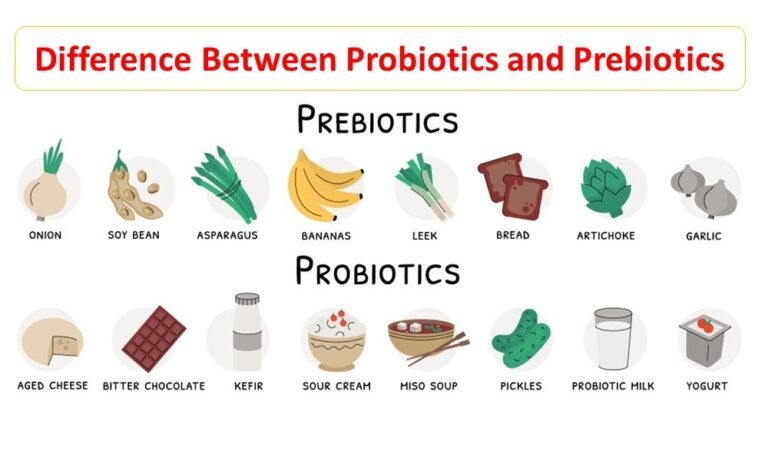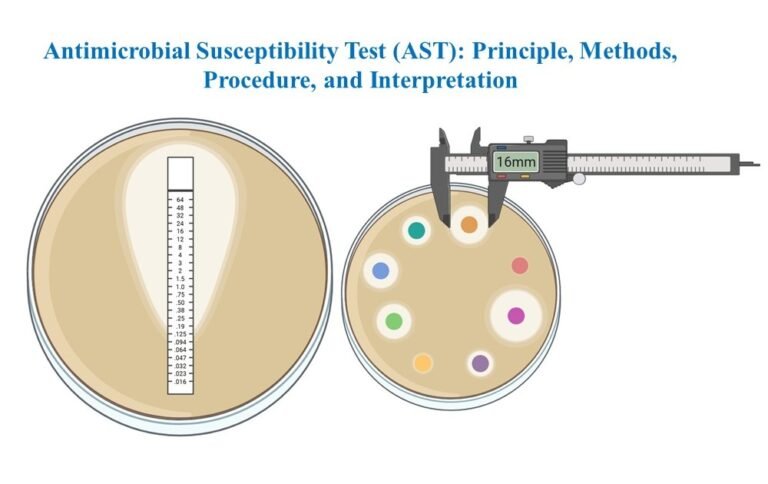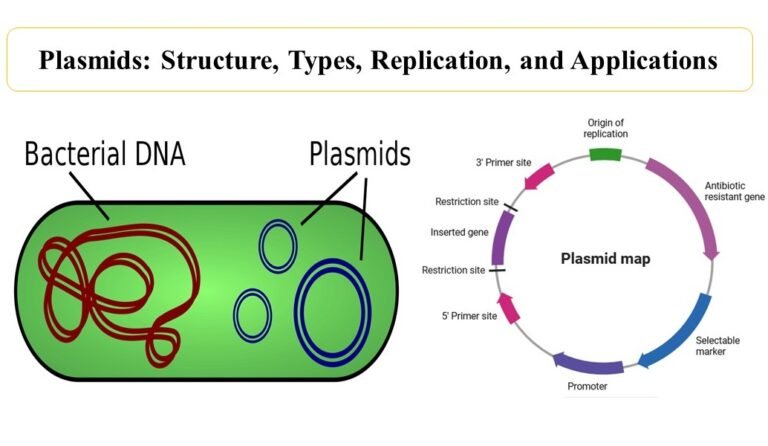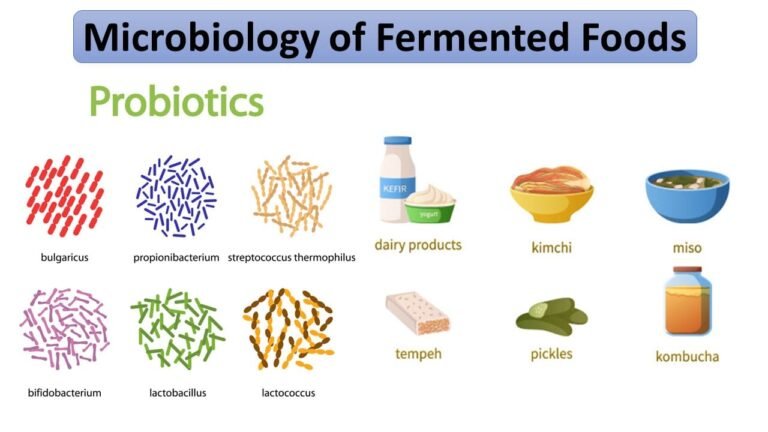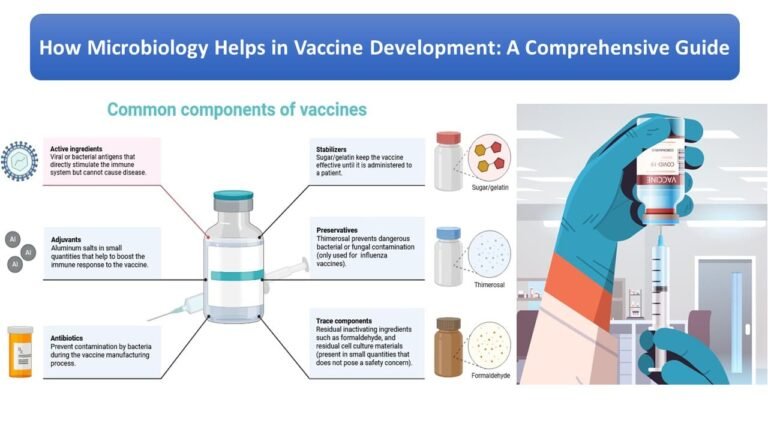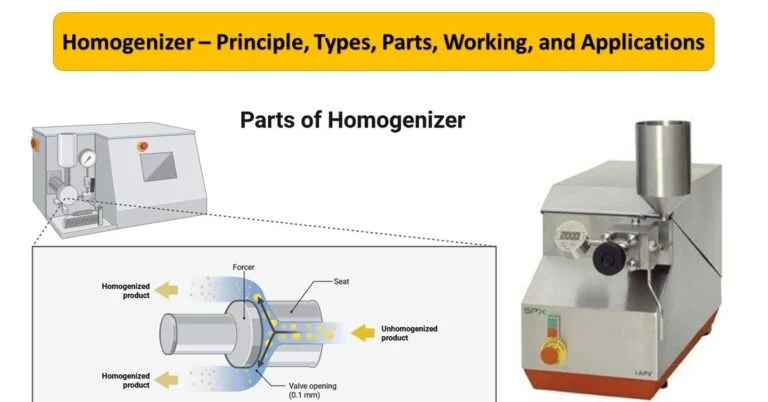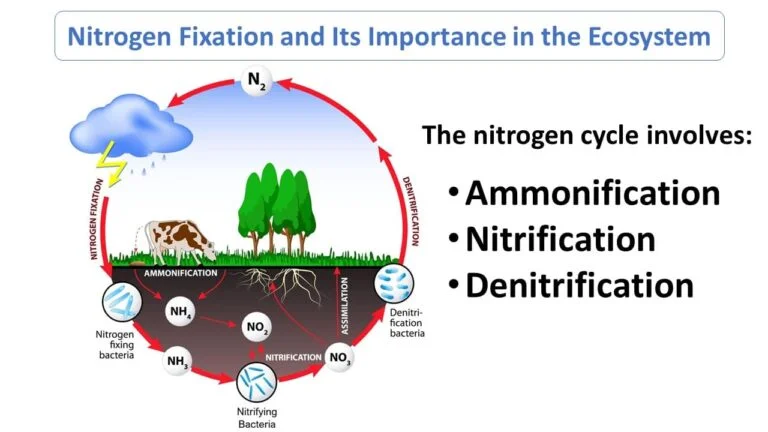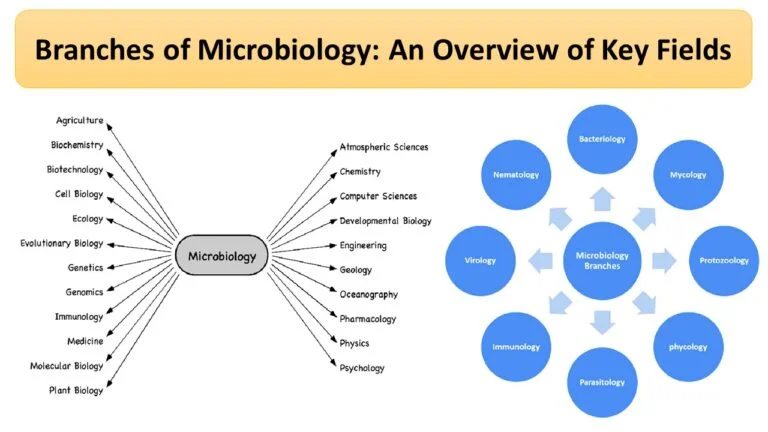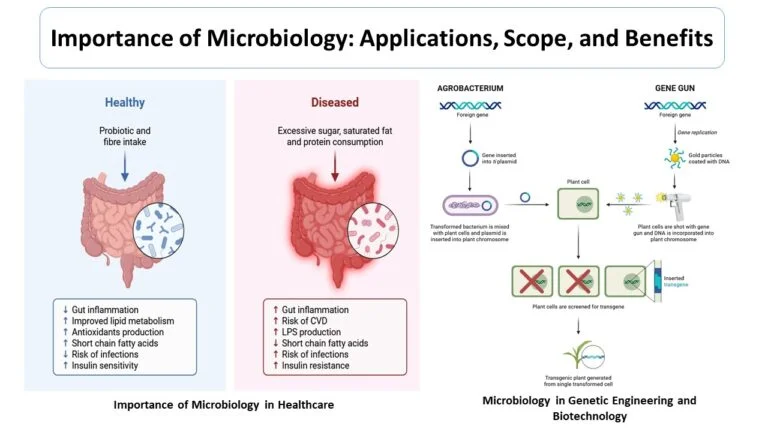Microbiology Interview Questions and Answers for Freshers
Introduction These 50+ microbiology interview questions and answers for fresher’s cover everything from basics to lab techniques and current trends, helping you confidently clear interviews for roles in quality control, food, pharmaceutical, clinical, and environmental microbiology. Basic Microbiology Interview Questions Q1. What is microbiology? Microbiology is the branch of science that studies microscopic organisms such […]


